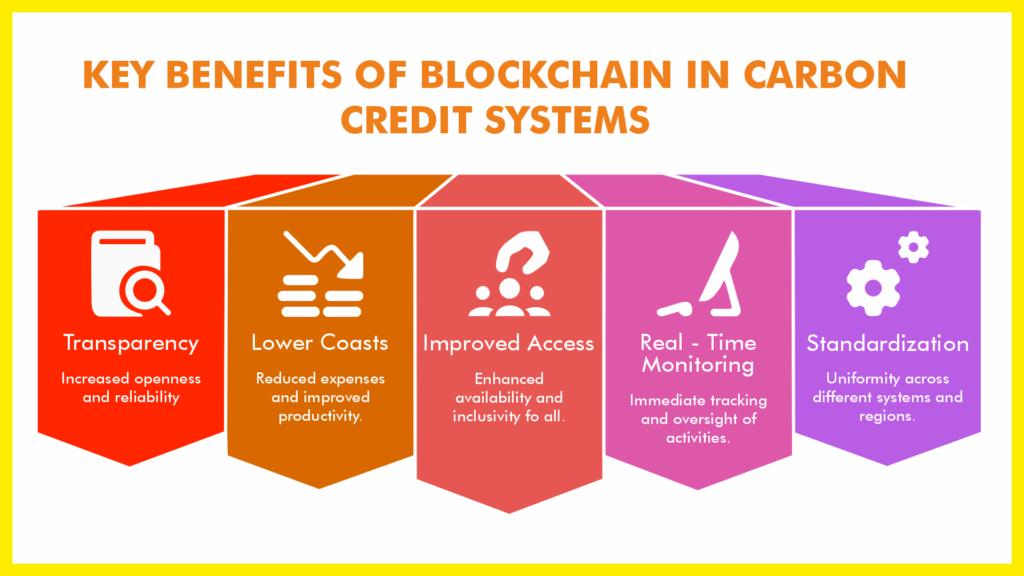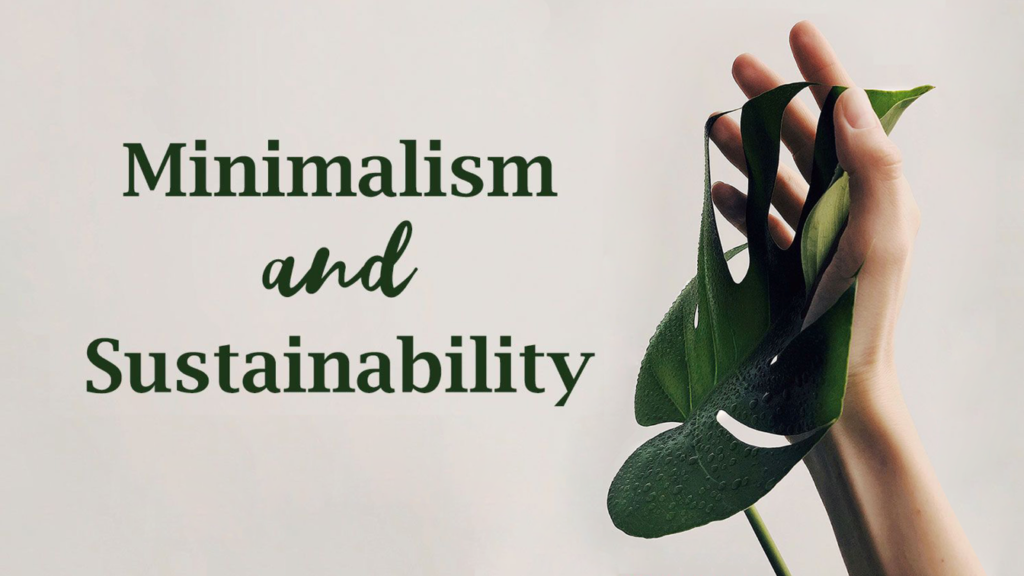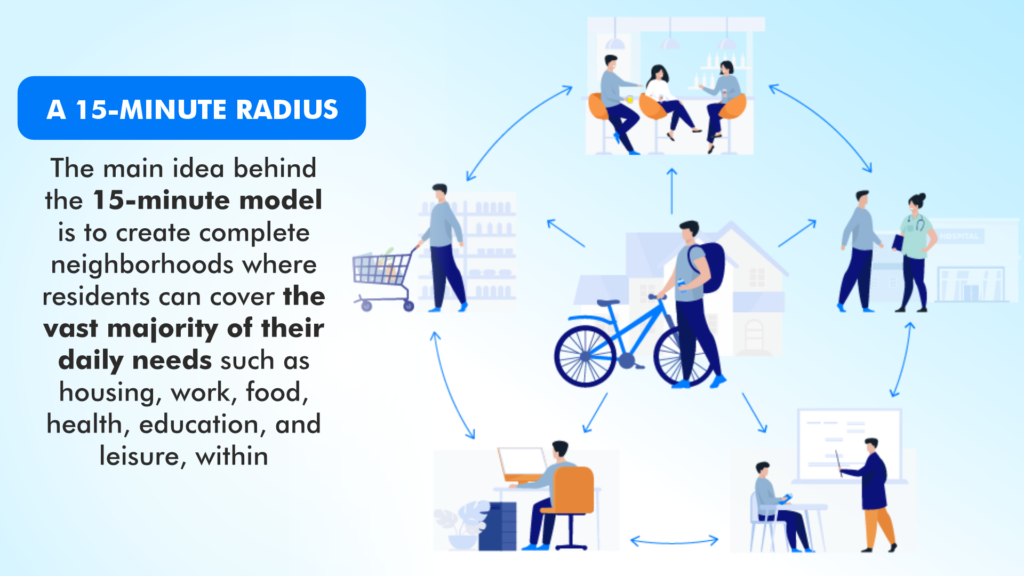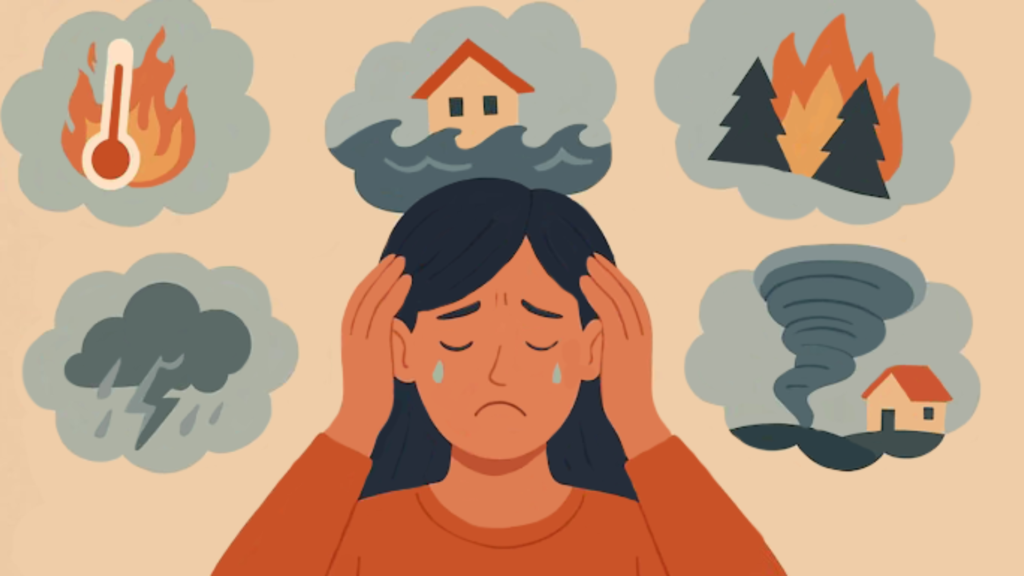GREEN SKILLS GAP PREPARING THE WORKFORCE FOR A SUSTAINABLE ECONOMY
The shift toward a sustainable economy is often framed in terms of renewable energy, green infrastructure, and climate targets. Yet beneath these ambitions lies a quieter transformation: the urgent need for people who possess the skills to turn sustainability goals into everyday practice. The green transition is not only technological or political—it is profoundly human. […]
GREEN SKILLS GAP PREPARING THE WORKFORCE FOR A SUSTAINABLE ECONOMY Read More »










